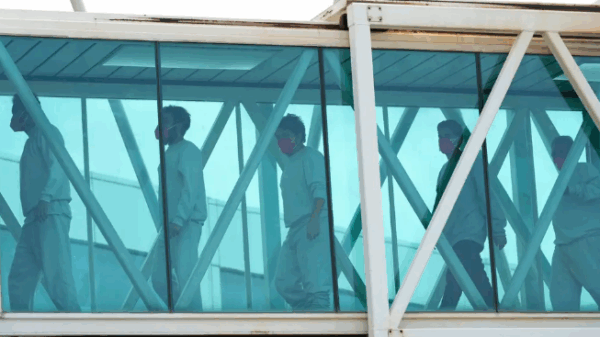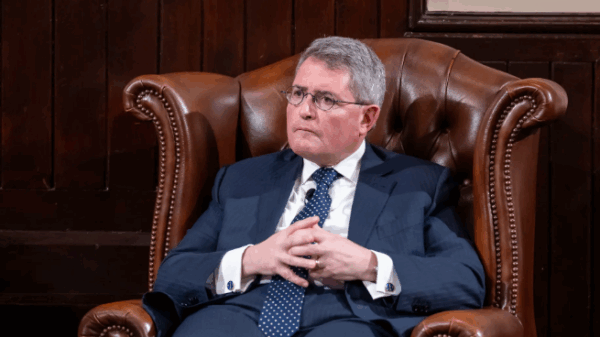Flags across the United States are set to be flown at half-staff for 30 days following the death of former President Jimmy Carter, who passed away on December 29, 2024, at the age of 100. However, the decision has sparked controversy as it coincides with the inauguration of President-elect Donald Trump later this month.
In a proclamation issued by President Joe Biden, flags will be lowered at federal buildings, military installations, U.S. embassies, and other government facilities in honor of Carter’s passing. This directive adheres to a 1954 proclamation by President Dwight D. Eisenhower, which set the 30-day flag protocol following the death of a President or former President.
The flag will remain at half-staff until the day of Trump’s inauguration on January 20. Biden’s proclamation also designated January 9 as a National Day of Mourning, with a state funeral for Carter to be held at the Washington National Cathedral. Ceremonies honoring Carter began on January 4 in his hometown of Plains, Georgia, and Carter will lie in state at the U.S. Capitol from January 7 to 9.
President-elect Trump expressed discontent with the flag protocol on his social media platform, Truth Social. While paying tribute to Carter’s love for the country, Trump also raised concerns about the flags being flown at half-staff during his inauguration, calling it an unprecedented situation. “Nobody wants to see this, and no American can be happy about it,” Trump wrote, adding that Democrats seemed “giddy” about the timing.
The last time flags were flown at half-staff during an inauguration was on January 20, 1973, for President Richard Nixon’s second-term swearing-in. The flags were lowered to honor the death of former President Harry S. Truman, who passed away in December 1972.
During a White House press briefing, Press Secretary Karine Jean-Pierre was asked if the administration would reconsider the decision in light of Trump’s concerns. Jean-Pierre firmly responded with a “no,” defending the decision to honor Carter’s legacy with a period of mourning.
Once Trump is inaugurated, he could theoretically override Biden’s proclamation and raise the flags. This happened once before in 1973 when Nixon temporarily raised the flags to honor American prisoners of war released from Vietnam, even amid national mourning for President Lyndon B. Johnson.
This is not the first time Trump has been involved in a public dispute over flags being flown at half-staff. In 2018, following the death of Senator John McCain, flags at some federal buildings were initially raised earlier than expected, leading to criticism before they were lowered again.
As the nation prepares for both mourning and celebration this month, the flag protocol remains a point of contention.








































